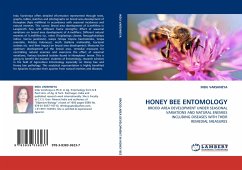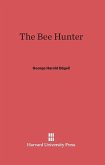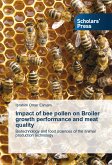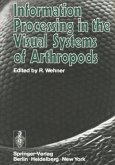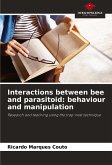Nepalese farmers are rich in indigenous knowledge. However, it is spuriously documented. Present work is an attempt to document indigenous knowledge farmers have in beekeeping activities and scrutinize the associated problems. Some of the promising indigenous practices noted are killing old queens in swarming months for colony multiplication, using aromatic plants for constructing hives, using Juniperous leaves with cow ghee and honey for baiting materials, using tobacco and titepati (Artemesia vulgaris) for mite control and using death wasp as a deterrent for wasp control among others. As beekeeping is an essential enterprise; socially, aesthetically, economically and ecologically, exploring indigenous knowledge and its subsequent application would bring sustainability in apiculture. Therefore, this book would be of good resource materials for the academicians, researchers, environmentalists, students, particularly those who have interest on and working with biodiversity and indigenous knowledge.
Bitte wählen Sie Ihr Anliegen aus.
Rechnungen
Retourenschein anfordern
Bestellstatus
Storno



